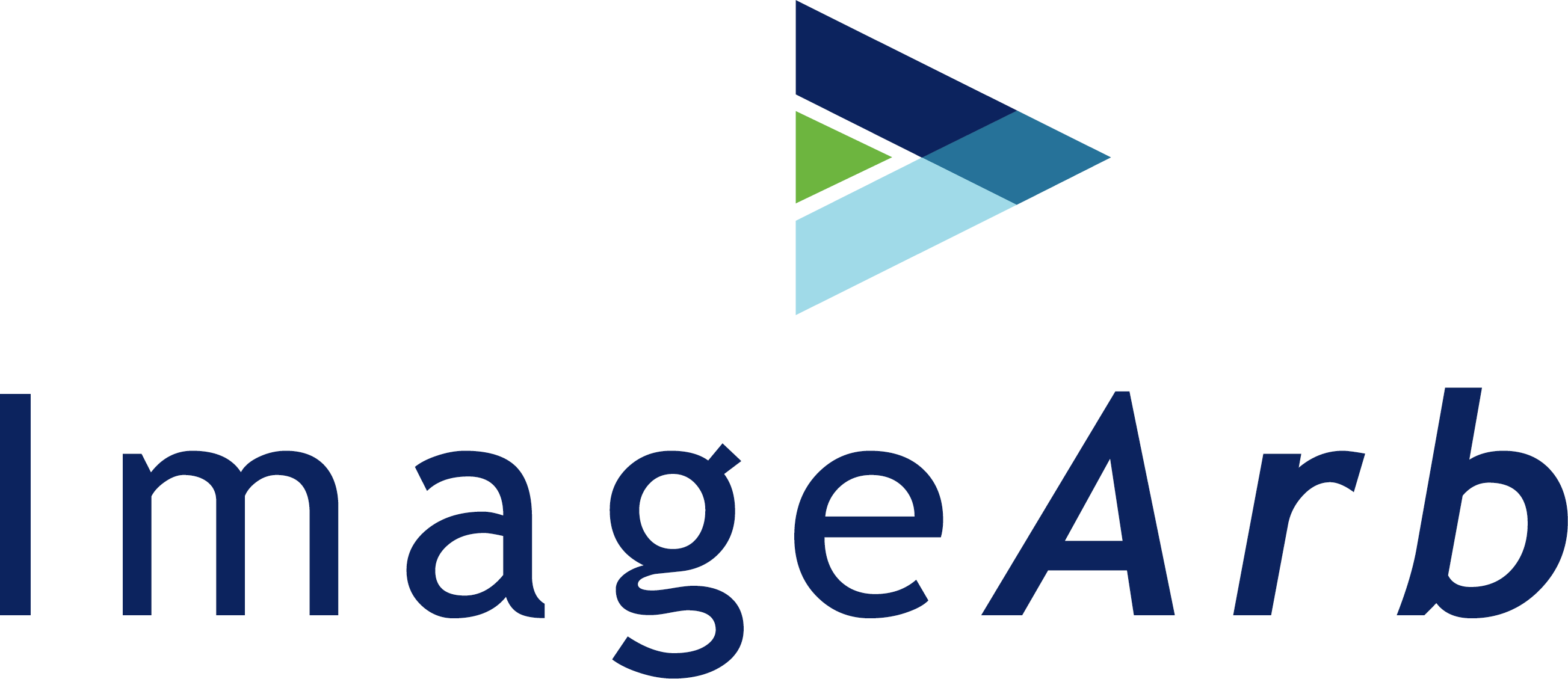Make Hay While the Sun Shines, or When Emerging Managers Get Investor Attention (First in the series of Blayn’s Quotable Quotes)
BY BLAYN BARNARD SMITH
I’ll start with the basics here:
Harvesting grass to roll into bales for storage is obviously easier to do when it isn’t raining, so folks work long hours to bale hay when the weather is nice. “Make hay while the sun shines”, loosely translated, means “don’t waste an opportunity”.
If you’re an emerging manager who is fortunate enough for the stars to align over your new firm – your performance is strong, your team is working well together, your current investors are happy, and you’re getting attention from prospective investors – you may be experiencing such rapid growth that it’s difficult to stay organized. Understandably, you might let some seemingly unnecessary tasks slip through the cracks.
Let’s take the case of Portfolio Manager “A”. He’s an intelligent, thoughtful long/short manager with a differentiated, well-articulated approach. For the first three years he managed money, his returns were outstanding, word spread, and investors sought him out. His strategy was capacity-constrained, and he pledged to his original investors that he would cap the fund at a certain AUM threshold. Once Portfolio Manager A reached that threshold, he stayed true to his word.
He continued to produce strong returns, but after closing the fund, he no longer scheduled calls or meetings with prospective investors. He directed his attention and resources entirely toward the research effort. He and his small team didn’t bother with tracking inbound calls, much less learning more about prospective investors’ approaches and portfolios.
Eighteen months after he closed, it happened: one of his largest investors hired a new CIO. The new CIO wanted to put her mark on each allocation and, unfortunately, decided to fully redeem. Six months after that, PM “A” hit a rough patch and experienced a fairly significant drawdown, and although virtually all of his investors were still above their high-water mark, several more redeemed.
Now the fund was below its cap, so PM “A” decided to open to new investors. Guess what? Since they hadn’t memorialized inbound interest or kept in touch with prospective investors, they were starting from little more than scratch. As much as we all want our prospects to believe us when we say that a drawdown presents a great entry point, it’s a difficult hurdle for allocators, particularly if you’ve been inconsistent in communicating with them. Although he continued managing a much smaller fund, the glory days were over.
You may think that you’d never be so stupid. I’ve met thousands of managers and thousands of investors, and you’d be surprised at how many emerging managers are guilty of some version of the above.
Now the good news: it’s easy to sidestep this pitfall! At a minimum, put in place a scalable process for tracking investor information as early in the life of your firm as possible. Although a spreadsheet is basic, it’s a place to start. You can always seek out a more sophisticated solution later. Be sure to track contact information and key takeaways about the investor and his or her portfolio. Who are the underlying stakeholders? What are their objectives? Do they have biases for or against certain allocations or strategies? For example, if you discover in your conversation that they prefer liquid holdings or love getting involved in venture, make a note of it. If possible, connect with everyone you meet on LinkedIn so that you can stay in touch if someone changes firms. You can create voice notes on your phone immediately after a meeting or call, then hire a college student or your high schooler to transcribe into a spreadsheet or database. Consider adding prospects to your quarterly letter distribution list in order to stay in front of them. Above all, be consistent in memorializing investor information.
